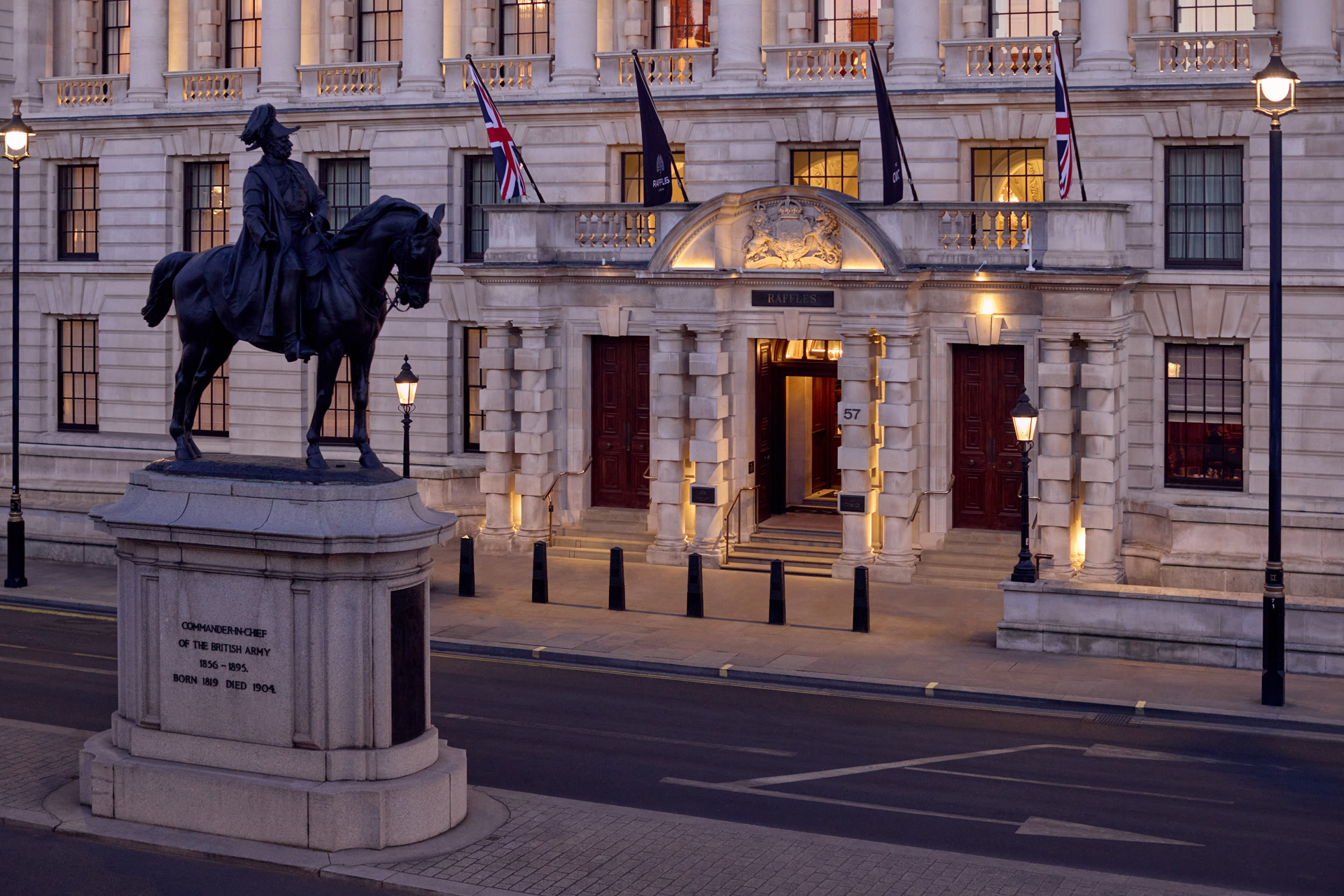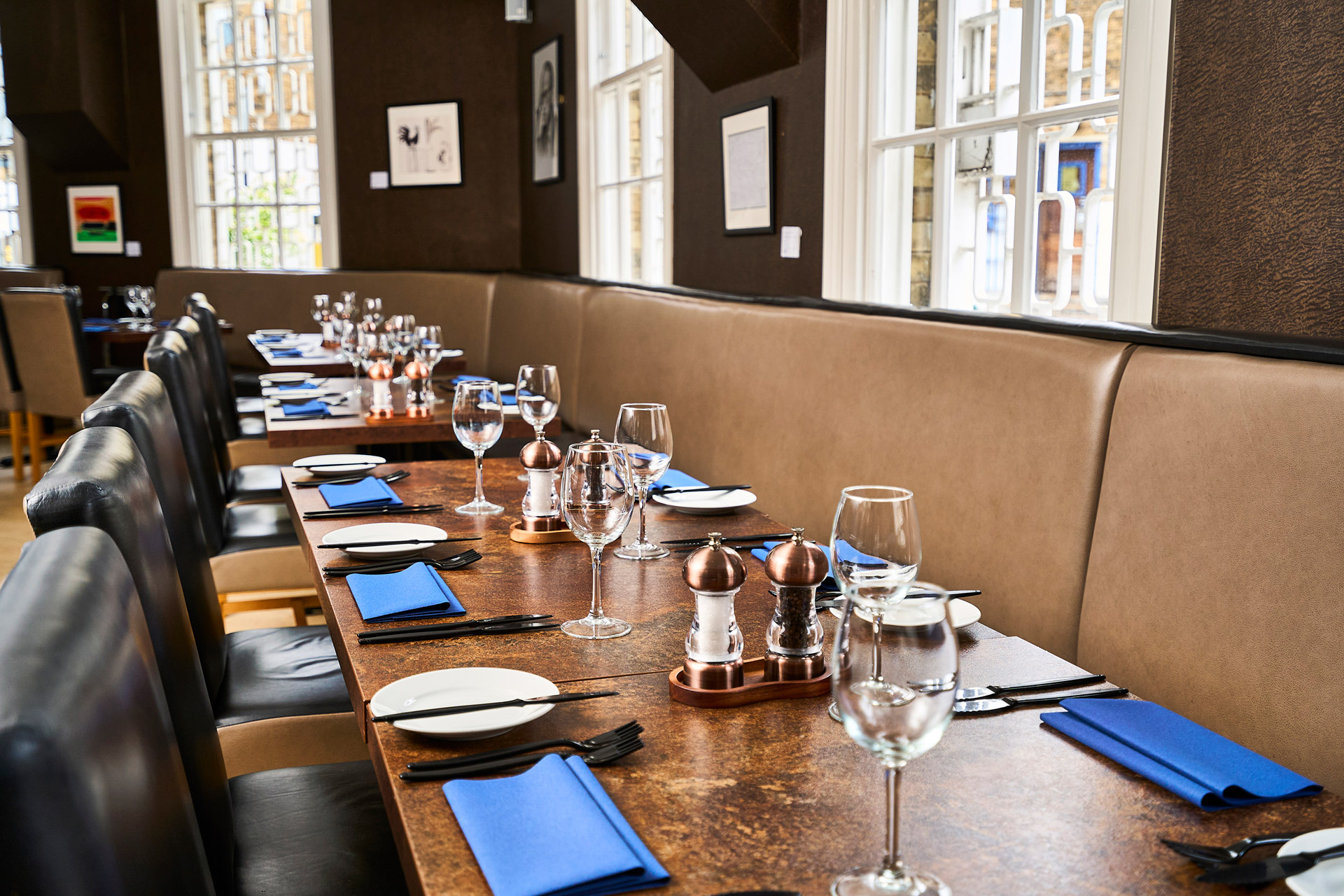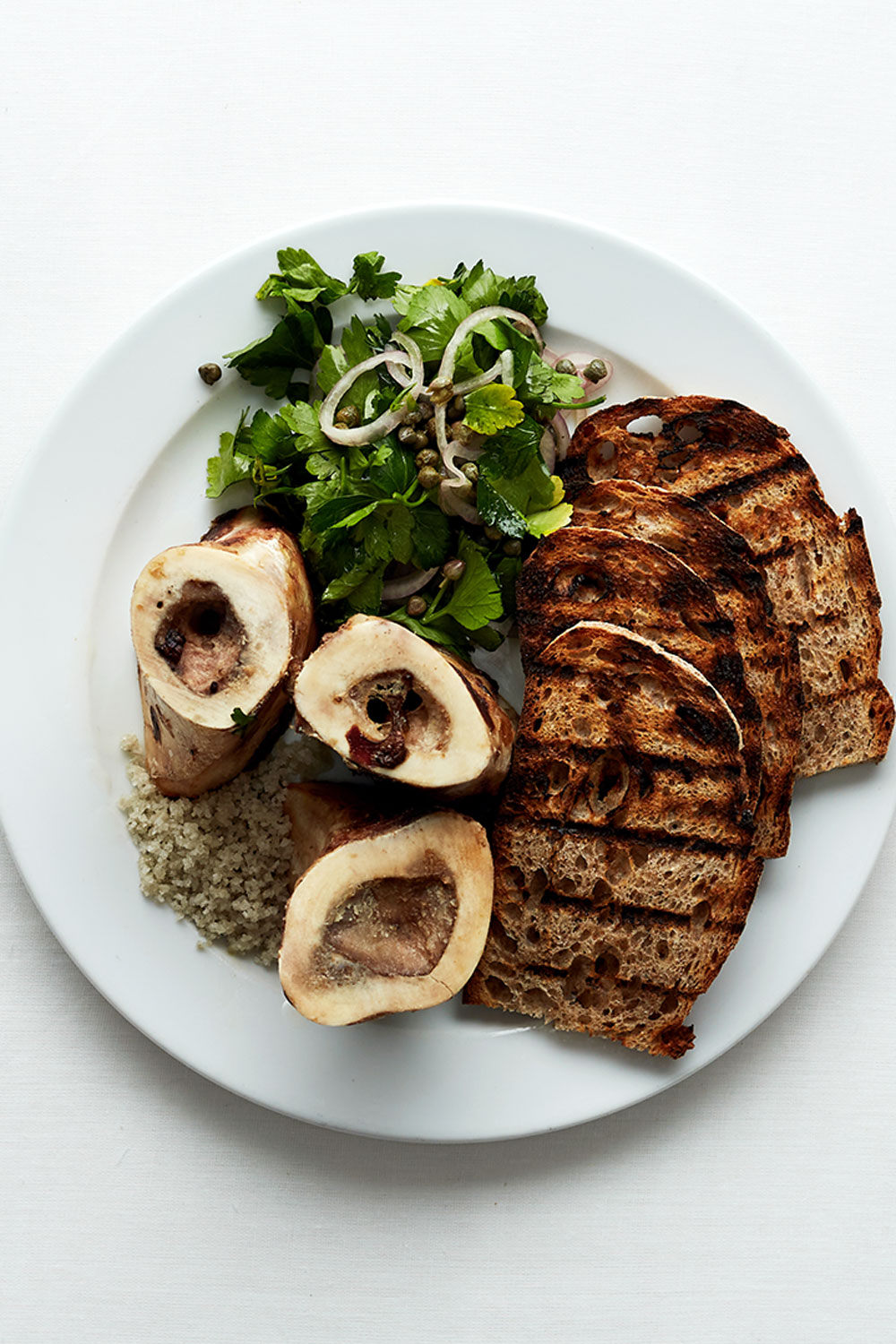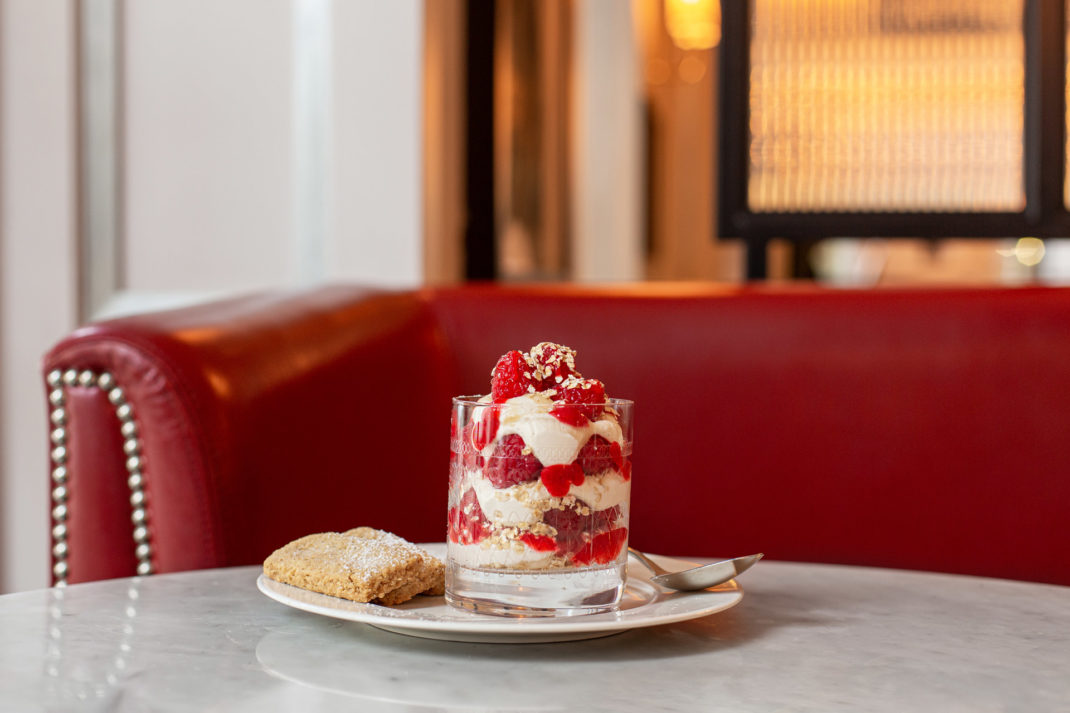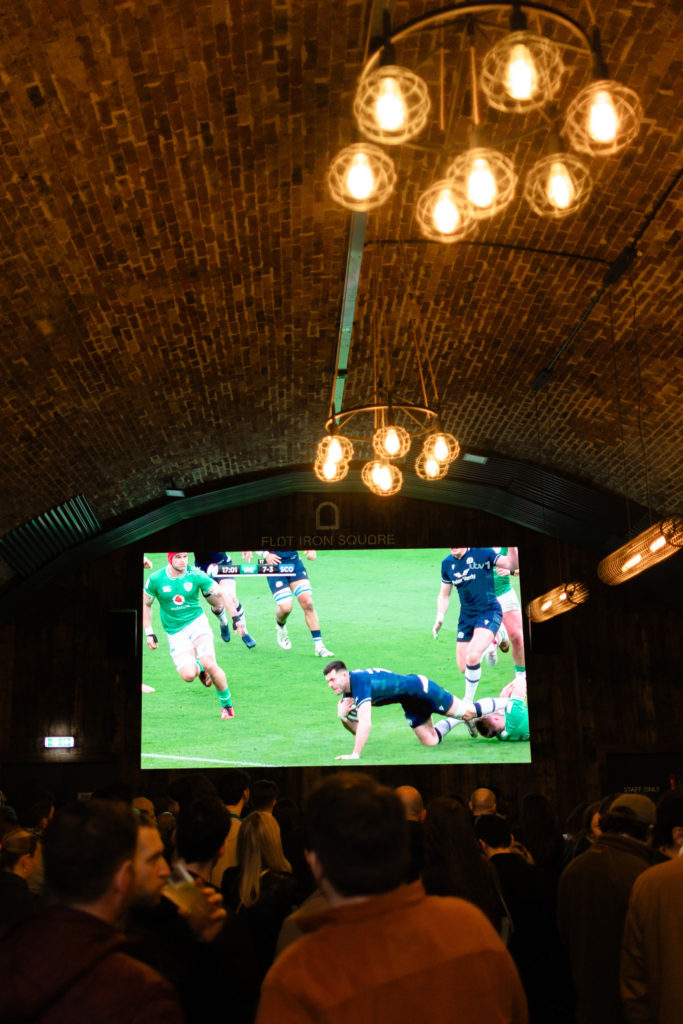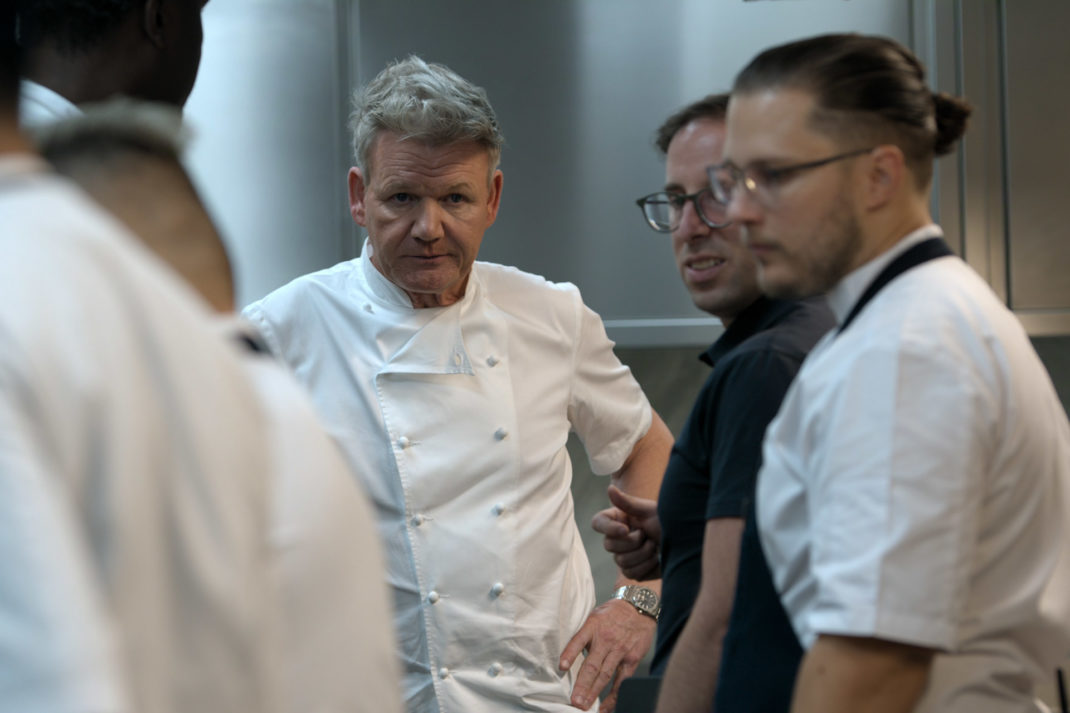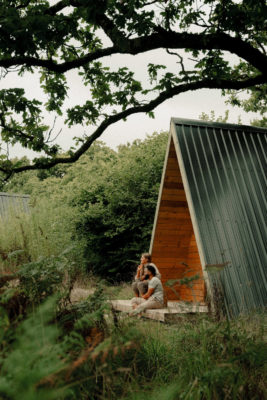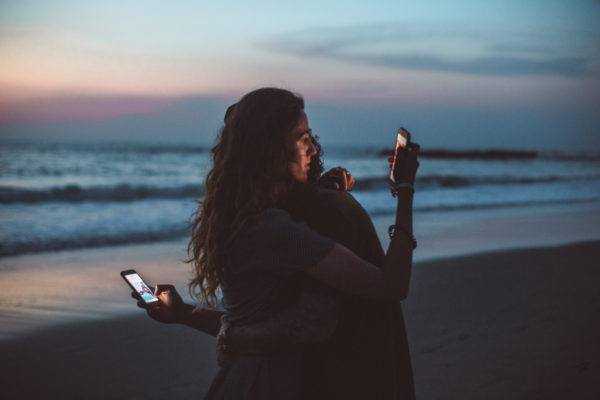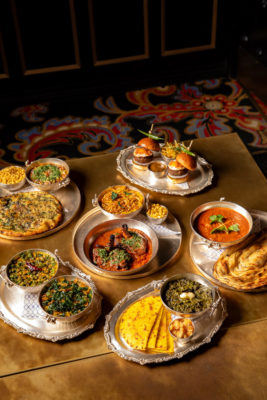Phone-Free Dining Is Taking Off In London
By
5 months ago
Would you hand over your mobile for a great meal?
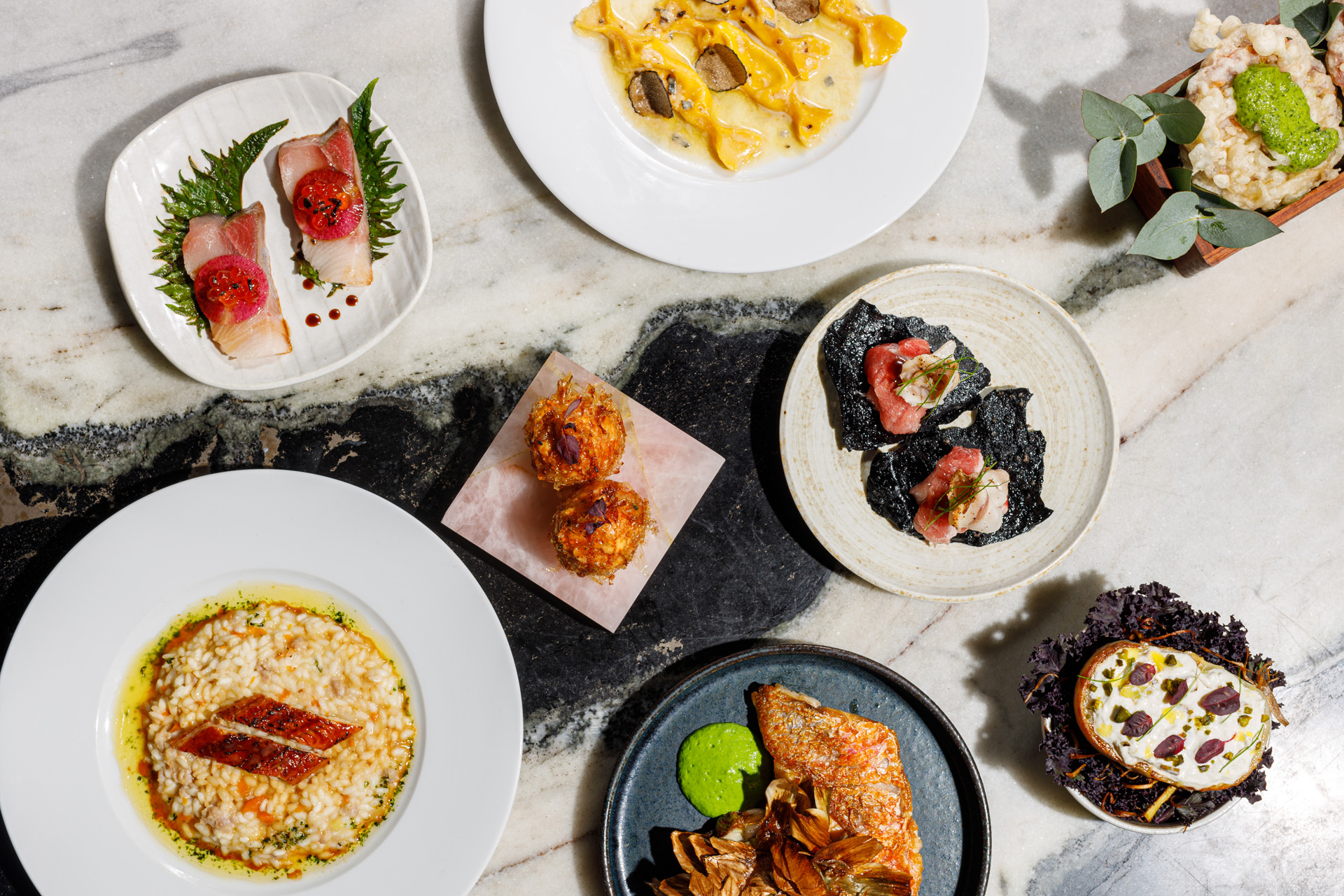
Digital detoxing continues to dominate travel right now, with remote hideaways soaring in popularity as more and more us crave time offline. But could you tap into the trend – on a smaller scale – by simply heading out for dinner without your phone? A growing number of restaurants and bars across London are banning smartphones, encouraging diners to switch off and focus on good food and conversation rather than scrolling and snapping their way through a meal.
Inside London’s Foodie Digital Detox Trend
It’s no secret that the majority of us spend too much time online. The average person checks their phone every 12 minutes, and racks up an average of eight hours, 41 minutes a day on screens, according to Time To Log Off. It’s the norm to have your phone by your side at all times, including while eating out. Data from Global Wireless Solutions shows 71 percent of people use their phones at restaurants to have a quick glance at social media, take photos of their food or message friends. Yet six in ten of us agree it’s one of the most irritating dining habits out there.
It’s no surprise, then, that phone-free dining is gaining traction. Of course, the trend isn’t entirely new: Michelin-starred restaurant St. John has famously had a no-phones policy since opening back in 1994. Phones have also long been banned in some members’ clubs, like the Chelsea Arts Club, and historic jazz venue Ronnie Scott’s demands phones are turned off when inside. But now, we’re beginning to see a new era of bars and pubs tapping into the digital detox trend.
For instance, The Spy Bar at Raffles London At The OWO, one of the biggest hotel openings of 2024, forbids the use of phone cameras. ‘Our entire concept is built on mystery, discretion, and truly living in the moment – qualities that can’t be captured through a phone screen,’ says bar manager Sotirios Konomi. ‘The best bar atmospheres have always thrived before the rise of social media, and our no-camera policy brings that spirit back. It allows guests to relax, immerse themselves in the moment, connect with others, and take a welcome break from business or the everyday chaos.’
Konomi decided to bring in the policy after years of witnessing phones taking over the experience of going out. He watched guests spending ten minutes rearranging glassware for the perfect shot, rather than clinking glasses with friends, leaving drinks to go warm. ‘Once, someone even asked to borrow a bar stool, not to sit on, but to stand on for a better angle of their cocktail,’ he recalls. ‘In that moment, I realised the drink and the atmosphere were no longer the stars of the night; the content was. That’s when I knew something had to change.’
At The Spy Bar, upon arrival a sticker is placed over the camera on guests’ phone cameras. While this could easily be removed, Konomi finds the technique works on a ‘psychological level’ as ‘they tend to forget about their phones and immerse themselves in the experience.’ As a result, he’s seen an increase in flirting, and strangers striking up conversations with other bar-goers.
Meanwhile, buzzy Dalston restaurant Angelina has banned phones in its bar, and Amsterdam-based initiative The Offline Club runs phone-free pop-ups and events in cafes across London.
What Are The Benefits & The Drawbacks?
Phones have always been off the menu at Brixton restaurant The Clink. Housed inside a working prison, with food cooked and served by people in prison, this is predominantly due to security requirements, necessary for reasons such as crime prevention and contraband control. However, staff have observed interesting – albeit not surprising – findings.
‘We see a renewed interest from diners in the food being served, the noise of the restaurant, conversation and laughter,’ notes The Clink’s Head of Marketing Simon Reeves. The format also lends itself well to the restaurant’s social purpose: diners are encouraged to chat with students and hear about life in prison, and their plans upon release. ‘It’s these interactions that maintain connection with the outside world and reassure them that society wants them to succeed,’ adds Reeves.
Despite witnessing multiple benefits, Reeves also points out that there are clear limits to phone-free dining. ‘Restaurants thrive on influencer marketing, reviews and social media to bring in business to survive. The hospitality industry is having a particularly tough time, so persuading restaurants that a no screens policy might boost bookings could be a tricky sell.’ He’s right: many of London’s most popular restaurants have risen to fame on social media, including cult favourites like Padella, sketch and The Devonshire.
Yet there’s certainly an appetite for offline dining and drinking. According to a survey from YouGov, one in eight of people in Britain are trying to reduce the amount of time they spend on their phones. And Konomi has observed that, at The Spy Bar, ‘people genuinely love the concept – they enjoy their time at the bar, focusing on the drinks, the atmosphere, and their surroundings.’
Plus, restaurateurs are luring in diners with extra incentives. Pizza Express recently brought in a new initiative where diners can enjoy 90 minutes of bottomless pizza if they forego their phones, while last year a restaurant in Verona, Al Condominio in Verona, offered customers who handed in their mobiles a free bottle of wine.
Bars & Restaurants In London Where Phones Are Banned
At a number of historic London hotspots, the phone-free element is part of the draw.
Dans le Noir, Farringdon
At Dans le Noir in Farringdon, guests dine in total darkness, so it makes sense that you can’t have phone lights in the mix. Upon arrival, you’ll be asked to leave any phones, smartwatches or light-emitting devices in the cloakroom – which also helps diners fully settle into the immersive, sensory experience of the restaurant.
69-73 St John St, London EC1M 4AN, london.danslenoir.com
The French House, Soho
This Grade II listed pub in Soho not only bans phones, there’s also no music or televisions – no doubt a big reason for its convivial, lively atmosphere, which has long attracted a string of journalists, writers and thespians. The rules apply in the restaurant upstairs too, which is currently helmed by Neil Borthwick, focusing on rustic French fare.
49 Dean St, London W1D 5BG, frenchhousesoho.com
St. John, Farringdon
Fergus Henderson’s nose-to-tail restaurant is one of London’s most famous – but it rose to cult status largely without the use of social media. Founder Fergus Henderson has banned phones there since the beginning, describing them as a ‘barrier to conviviality’. Instead, diners are encouraged to focus on the simple joys of dining out with signature dishes like the long-standing roasted bone marrow and parsley salad.
26 St John St, Barbican, London EC1M 4AY, stjohnrestaurant.com
The Nag’s Head, Belgravia
Tucked away down a quiet mews in Belgravia, and filled with vintage penny-slot machines and old-school memorabilia, The Nag’s Head feels like stepping back in time. And the pub leans into this with its strict no-phones policy, which even bans buying your drink with Apple Pay. That’s not the only rule either: sitting at a table too big for your group is also forbidden, as is placing your coat on the back of your chair.
53 Kinnerton St, London SW1X 8ED


